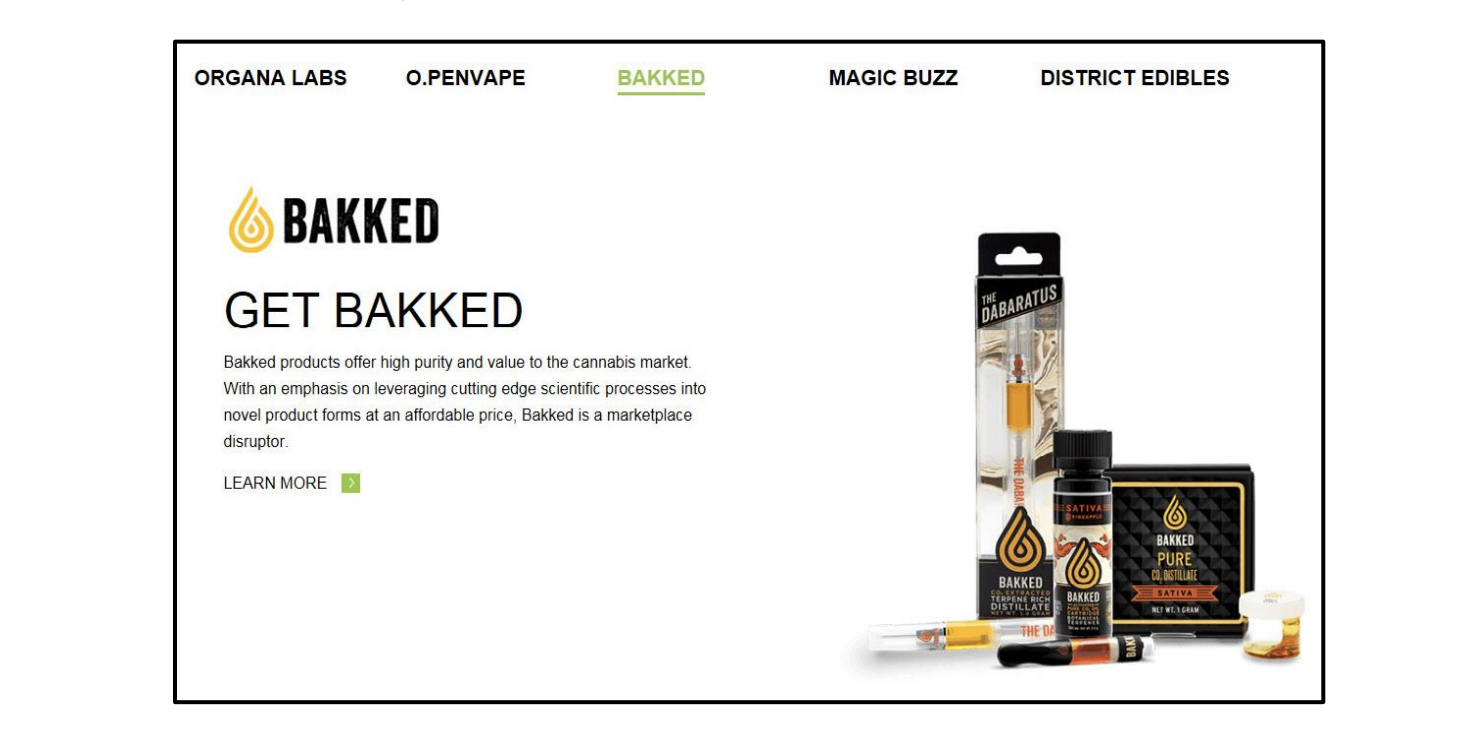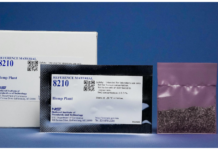ALEXANDRIA, Va. – A recent federal ruling indicates cannabis accessory manufacturers seeking trademark protection will need to show their products’ value to tobacco users.
In a precedent-setting decision first reported by Law360, the United States Patent and Trademark Office’s Trademark Trial and Appeal Board (TTAB) upheld the rejection of a 2017 application submitted by the National Concessions Group, owned by Canadian company Slang Worldwide Inc. The application sought to trademark the brand name “Bakked” for marketing a dab tool or, as the application stated, an “essential oil dispenser, sold empty, for domestic use.” The TTAB determined the device was “illegal drug paraphernalia” as defined under the Controlled Substances Act (CSA) and therefore ineligible for a trademark.
Slang lawyers disagreed, saying manufacturing and selling the product is legal in Colorado where the company operates. Furthermore, they argued, the device may be used to dispense non-cannabis essential oil. Given these two points, Slang sought exemptions that would make the goods “lawful under federal law, and thus eligible for federal trademark registration.”
In a decision written by Administrative Trademark Judge Cindy Greenbaum, the TTAB acknowledged the product was not unlawful as identified in the application, but “extrinsic evidence may be used to show such a violation [of the CSA].”
In this case, the extrinsic evidence was a wealth of website copy and marketing materials the board ruled indicated the product’s “primary intended purpose is to dispense premeasured amounts of cannabis-based oil to a vaping or smoking device for ‘dabbing.’”

Bakked markets the oil-dispensing Dabaratus as a product that delivers “the perfect dose of cannabis extract” and claims it’s “among the best dab tools on the market.” The rejection also mentioned press releases published on third-party news-and-information websites as evidence highlighting the intended use of the product. According to the press releases, the Dabaratus “releases a drop of indica, sativa, or hybrid cannabis oil distillate which can be placed directly onto a heated dab rig.”
The TTAB also noted web copy from third-party product-listing websites like Leafly: “Our CO2-extracted high-potency cannabis products provide you with a clean and pure experience every time. Our artisan-crafted small batch distillation method allows for the widest range of terpenes and cannabinoids possible. All Bakked distillates are strain-specific and available in Indica, Sativa and Hybrid.”
But the final nail in the coffin may have been Slang’s decision to self-identify as the “Largest Cannabis Company in the U.S.,” which was referenced multiple times in the ruling. Slang’s (OTCMKTS: SLGWF) market cap is roughly $4 million with a stock price of $0.022 per share. In terms of stock value, the largest cannabis company is Curaleaf Holdings Inc. (OTCMKTS: CURLF) with a market cap of $1.68 billion and a stock price of $2.47 per share.
Slang lawyers also attempted to demonstrate similarities between the Dabaratus and other industry products that have been given registered marks, but the court found no evidence Bakked’s device is “traditionally intended for use with tobacco products that may also be used with cannabis products.”
“Most of the registrations are distinguishable from Applicant’s goods because they specifically identify tobacco, traditional tobacco products (tobacco jars, tobacco grinders, rolling paper) or e-cigarettes, none of which are unlawful under the CSA or require additional inquiry,” according to the TTAB decision. “Regardless, each application must be considered on its own record to determine eligibility to register.”
Slang may appeal the decision to a federal appeals court, where the argument would be heard by federal circuit judges. However, National Concessions lawyer Pamela Hirschman indicated her client has not decided whether it wants to take that step.










[…] both, though it seems redundant), the facility lease and design plans, company name and branding, trademarks and other intellectual property, just to name a few—also help set you up for […]
[…] there have been few patent disputes and trademark challenges in cannabis thus far (partially due to the product’s status as a federally illegal substance), some notable […]